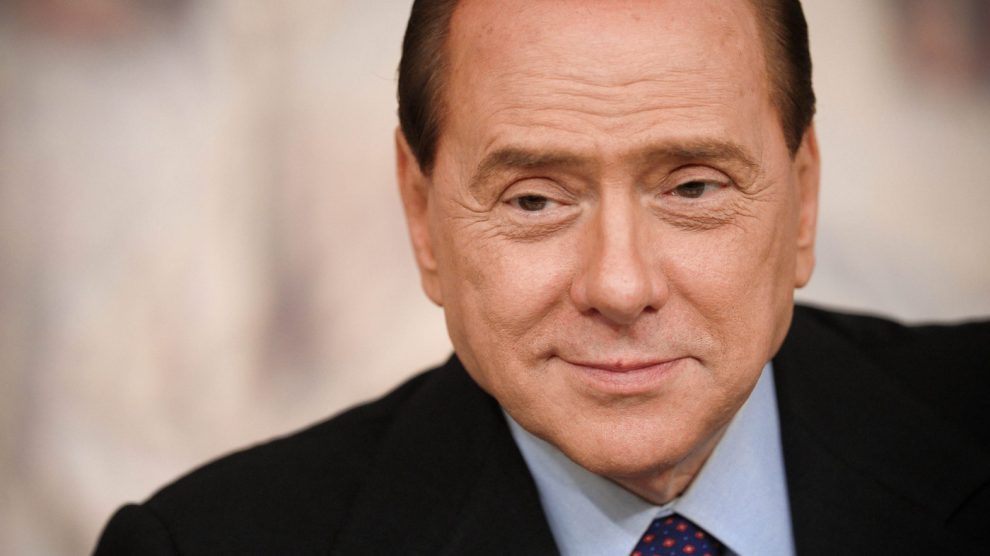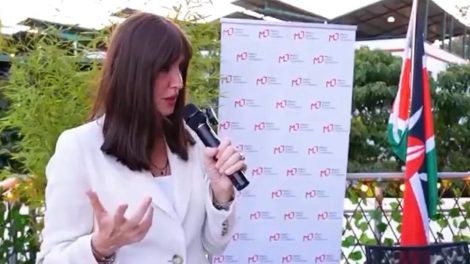Silvio Berlusconi’s passing. On Monday morning, the 86 years old businessman and politician died at the San Raffaele hospital in Milan, where he had recently spent a 45-day long stint due to pneumonia and a form of leukaemia. His closest family members had rushed to the hospital in the morning, where his partner was already beside him.
- The Italian government declared a national day of mourning for next Wednesday, when his funeral will take place at Milan’s Duomo cathedral. “All Italian and EU flags will be lowered to half-mast from Monday nationwide,” a spokesperson told the media.
An epoch-defining leader. Mr Berlusconi first emerged into public notoriety thanks to his prowess as an investor, whose ventures in the realms of construction, sport and media eventually earned him the spot of sixth-richest man in Italy (according to Forbes data).
- Commentators from all sides agree that although divisive, the late leader defined an era of Italian and international politics. His meteoric rise in the early Nineties coincided with the end of traditionalist politics and the rise of his highly-personalised and trailblazing take on centre-right liberalism.
- He was four times prime minister of Italy (and the longest-serving PM in postwar Italy) throughout the Nineties and early Noughties, reshaping the Italian political landscape and seeing Italy through momentous periods, such as the war on terror and the onset of the 2008 financial crisis.
His political legacy. Mr Berlusconi’s party, Forza Italia, is currently a junior partner in Italy’s centre-right coalition government, led by Prime Minister Giorgia Meloni, who owes Mr Berlusconi her first institutional role – as Youth Minister in the fourth Berlusconi government. In a sense, the current government is a direct descendant of his own, as it’s effectively the first centre-right government since then.
- In a statement, President Sergio Mattarella remembered him as “a great political leader who left his mark on the history of our Republic, affecting paradigms, customs and language,” whose work “progressively integrated the political movement he founded into the European popular family, favouring continuity in the Atlantic and Europeanist direction of our Republic.”
- “With him, Italy learnt that it never had to impose limits on itself. It learned that it never had to give up. With him, we fought, won, and lost many battles. And also for him, we will bring home the goals that, together, we had set ourselves. Goodbye, Silvio,” said the PM in a video message.
Who comes next? Silvio Berlusconi’s passing will certainly leave a gaping void at the top of his party and perhaps even reshape the governing coalition it supports. The most pressing matter will be his succession, which could make or break the unity of Forza Italia – which currently counts five ministers, 44 deputies, 18 senators and several regional presidents (including in Sicily, Calabria and Piedmont).
- Experienced political journalist Gianfranco D’Anna wrote on our sister website that several names are already circulating to fill the void, at least as a guarantor. These include the current Deputy Prime Minister and Vice President of Forza Italia, Antonio Tajani, and Gianni Letta, Mr Berlusconi’s right-hand man in government as former undersecretary to the PM.
A matter of positioning. The latter writes D’Anna, would be ideally positioned to bridge those who within Forza Italia lean towards PM Meloni’s Brothers of Italy and Matteo Salvini’s League, the two other major forces in the centre-right coalition. However, by virtue of Mr Berlusconi’s larger-than-life ideological and political weight, the party’s unity without him is far from guaranteed.
- As political analyst Lorenzo Castellani tweeted, Ms Meloni “may strengthen her ties with a large part of Forza Italia.” But the party might still splinter and “increase internal conflict within the coalition,” especially as its members head towards the 2024 elections.
- In the long run, a piece of the party “could flirt with the centrists” – Matteo Renzi’s Italia Viva and Carlo Calenda’s Azione, both in opposition. And since the coalition only controls the Senate by a handful of seats, any MPs flocking to the centre would increase the area’s “blackmail power” towards the PM.





